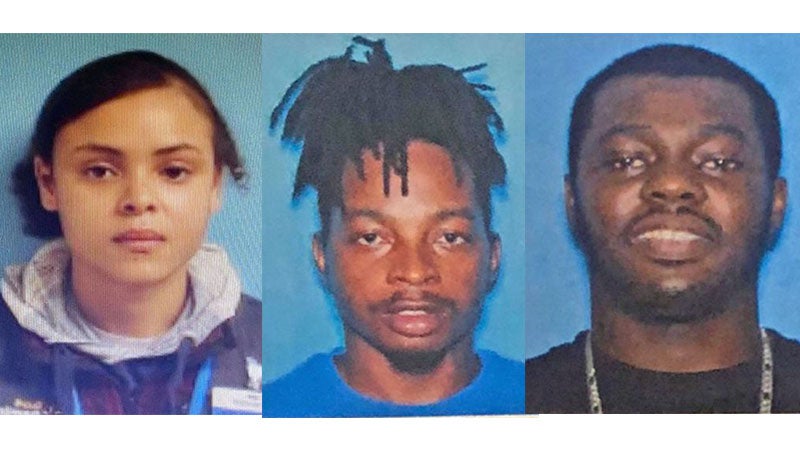Thinking ’bout family history
Published 12:00 am Wednesday, April 4, 2012
Driving Monday to meet a woman chronicling her great-grandmother’s journey from Brooklyn to New York, I realized that I didn’t know the name of my great-grandmother on either side of the family – or my great-grandfather’s either, for that matter.
It made me a bit sad, and, quite frankly, a little ashamed.
Family has always been hugely important to me, but one comment the filmmaker made really struck a chord in me. She said, “We should all know where we came from.” If someone were to ask me where I’m from, my answer depends on where they’re from. You ask and you live here, my answer is Red Oak. You live elsewhere in the state, and I’d say Florala, the last city you go through on your way to the beach.
And if someone were to ask where my family is from, I’d have limited answers. I know my father’s family comes from Louisiana and my mother’s, Georgia. Guess that makes me a true Southerner, huh?
We called my dad’s grandmother “Meme.” I remember that much from childhood. On my mother’s side, I know my late grandfather’s name was James and that he died when my mother was young.
On the drive back to town from the interview, I began thinking that if I didn’t know these things, then there was no way I could do one of the most important jobs of a parent –teach my children where they come from.
When I read news Tuesday morning about how search requests for the 1942 Census information was crashing the U.S. National Archive website, I couldn’t believe it. It said the site registered more than 22 million hits in just four hours on Monday, from almost 2 million users. In a tweet posted after 5 p.m. on its official Twitter account, the archives said the website had received 37 million hits since the information was released at 9 a.m.
More than 21 million people still alive in the U.S. and Puerto Rico were counted in the 1940 census. The census followed a decade when tens of millions of people in the U.S. experienced mass unemployment and social upheaval as the nation clawed its way out of the Great Depression and rumblings of global war were heard from abroad.
The filmmaker also said, “It’s an emotional and spiritual experience to stand in the same spot where your great-great-great-grandmother or grandfather stood.” I get that now, too.
It’s said we should all study history because it always repeats itself. I think the same principle should apply to family history. If I got a crazy great-great-great-great-aunt who was a little on the “woo-woo” side after sending her children off into the world, I need to know that so I can get ahead of the curve. Be able to look out for the warning signs, you know.



